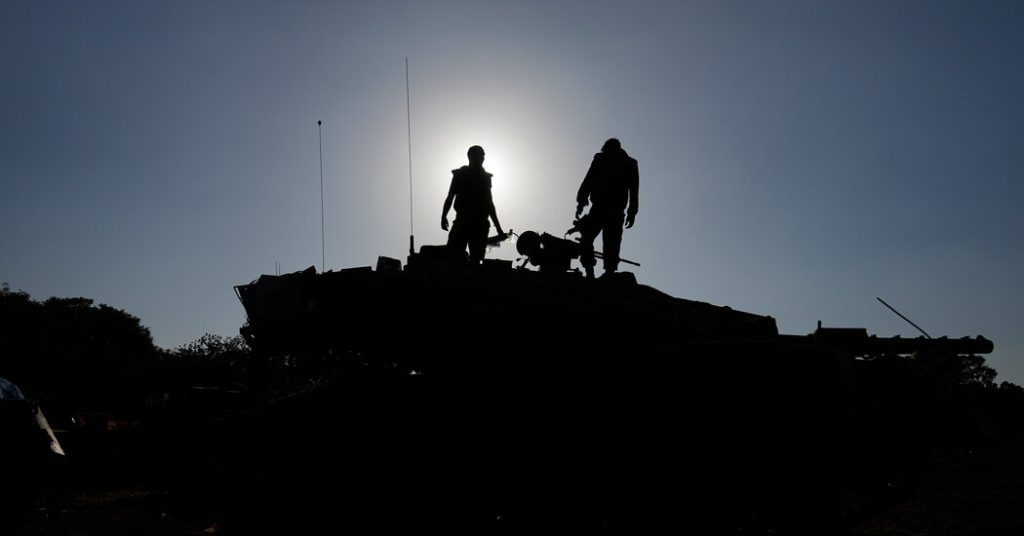Supreme Leader Ali Khamenei vowed to punish Israel for the attack on Iran’s embassy in Damascus that killed several Iranian military advisers. In response, Iran launched more than 300 drones and missiles at Israel, but most were intercepted. The attack demonstrates Iran’s technological inferiority to Israel, especially with American support. Israel’s cabinet is debating a response, which could lead to further escalation. However, prudence suggests that Israel should show restraint due to ongoing conflicts with Hamas in Gaza and potential war with Hezbollah in Lebanon, which would require full support from the United States.
Israeli Prime Minister Benjamin Netanyahu has an opportunity to mend ties with Washington by exercising restraint and focusing on ending the conflict with Hamas in Gaza. An Israeli attack on Iran now, lacking the element of surprise, could lead to further instability in the region. Israel’s intelligence superiority has allowed it to successfully target Iranian officials and infrastructure in the past. Israel will find opportunities to strike back at Iran but must also take into consideration the potential consequences of escalating tensions.
Iran’s attack on Israel highlights the ongoing hostilities between the two nations, fueled by Iran’s Islamic Revolution of 1979. The attack is part of Iran’s long history of targeting Israeli and Jewish interests around the world. President Biden’s support for Israel in the face of Iranian aggression is crucial to sending a strong message to Tehran and maintaining unity between Israel and the United States. A unified front between Israel and the U.S. is necessary to deter further Iranian attacks and prevent the escalation of regional conflicts.
The ongoing conflict between Israel and Iran underscores the need for Israel to carefully consider its response to Iranian aggression. Retaliation must be strategic and calculated, taking into account the potential repercussions and the need for ongoing support from the United States. However, Israel has the right to defend itself and retaliate against Iran’s attacks, while also working towards de-escalation and stability in the region. The aftermath of Saturday’s attack serves as a reminder of the complex and delicate balance of power in the Middle East.
The decades-long shadow war between Israel and Iran has once again come to the forefront, with Iran’s recent missile attack on Israel. The attack, while intercepted by Israeli defenses, highlights the ongoing tensions between the two nations and the potential for further escalation. Israel’s response to Iran’s aggression will shape the future of the conflict and have significant implications for regional stability. By exercising restraint and strategic planning, Israel can navigate the complexities of the situation and work towards ending the cycle of violence and retaliation in the region.


